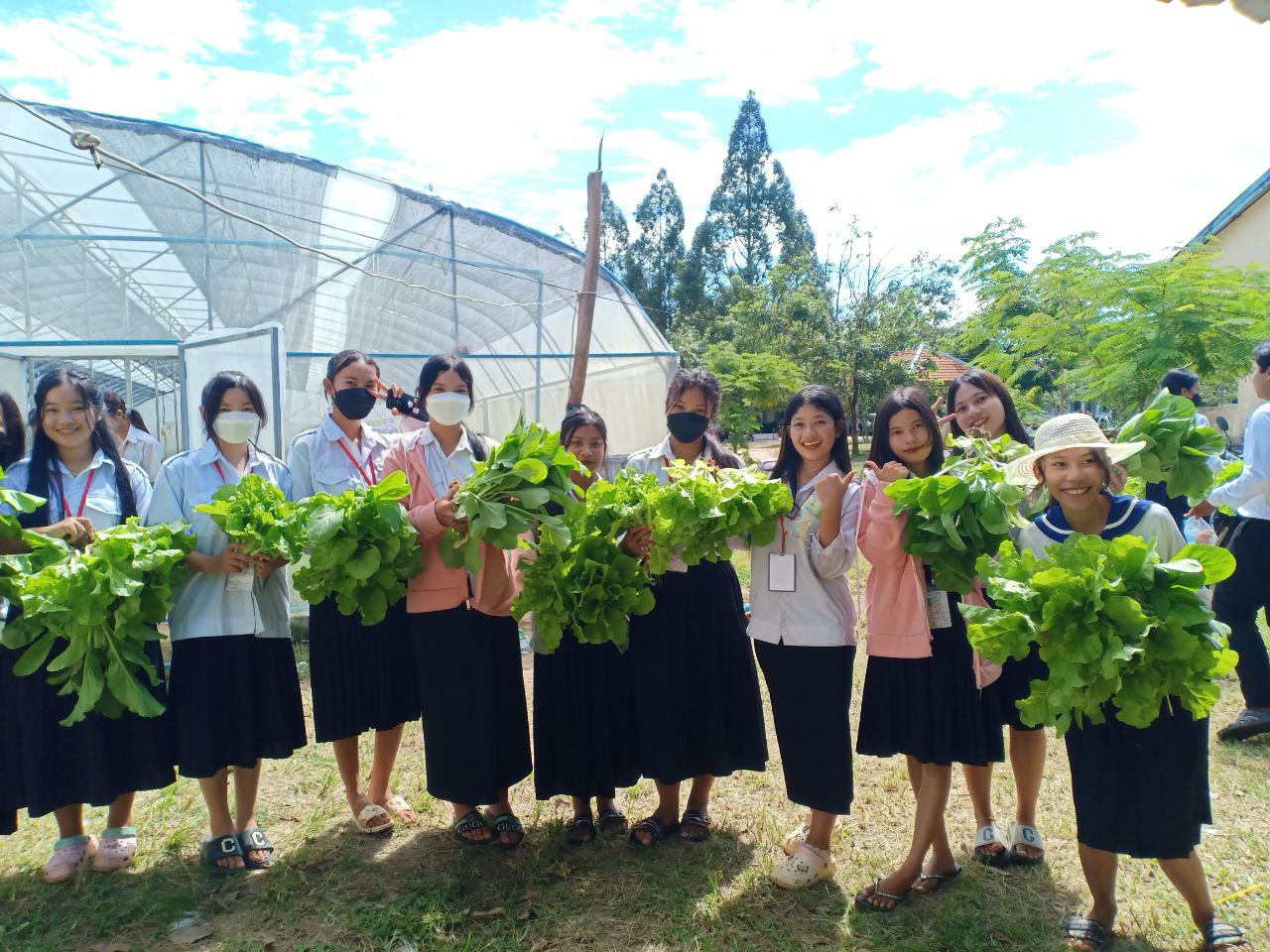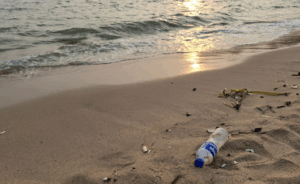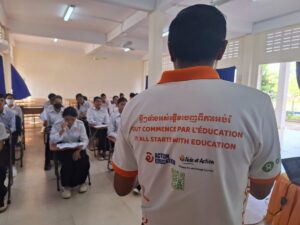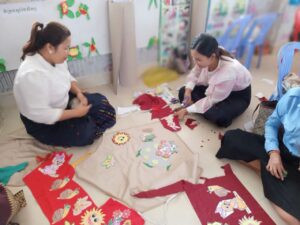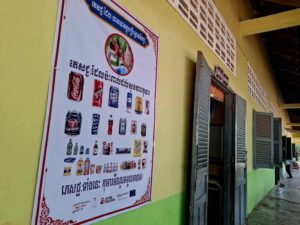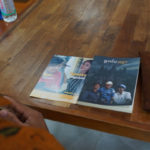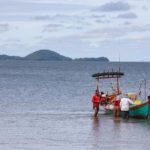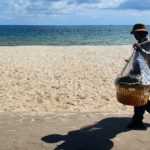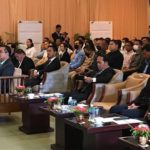A project aims to elevate the livelihoods of 184,550 fishing families and 1,000 students living in coastal provinces.
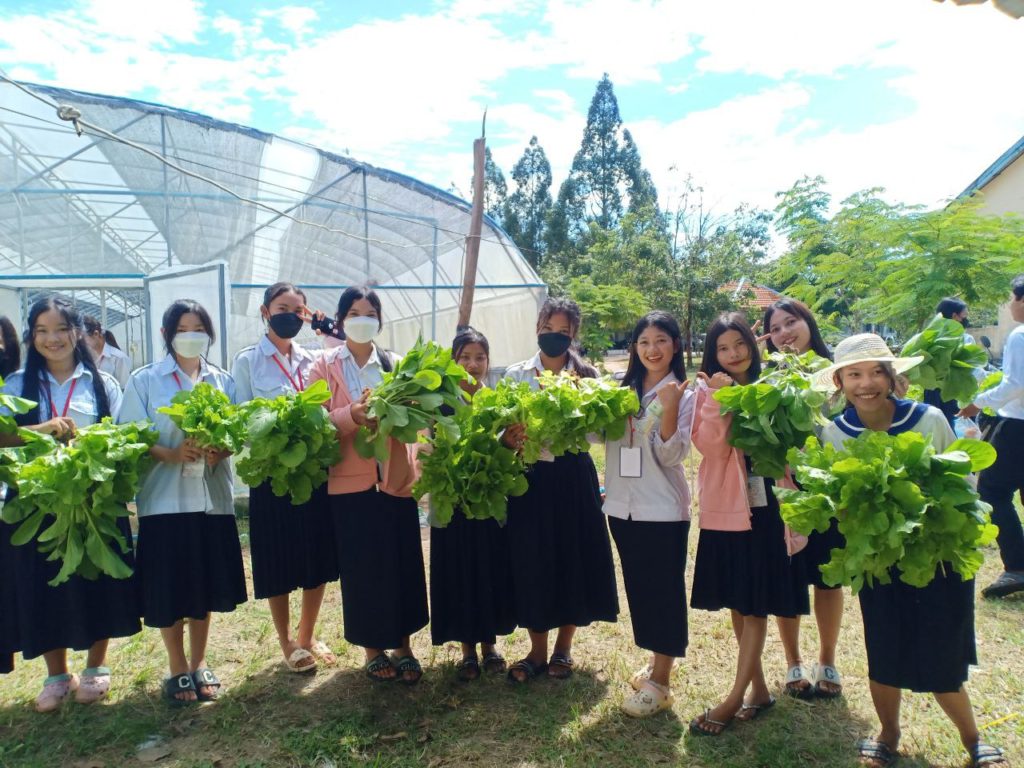
A new project is being implemented to improve the socio-economic development of coastal communities in Cambodia.
The project called the Consortium for Sustainable Alternatives and Voice for Equitable Development (CO-SAVED), is funded by the European Union and is being implemented by Aide et Action (AEA) in collaboration with 14 partners, according to a press release from AEA.
The release said that the project aims to provide new life skills and opportunities to 1,000 schoolchildren and almost 200,000 fishery families. It will focus on the four coastal areas of Kep, Kampot, Koh Kong, and Sihanoukville.
The project will help people adopt new lives based on sustainable livelihoods, quality service delivery, and inclusive green economic growth. It will also aim to convert fishery communities into ecotourism sites to provide alternative or extra income to the fisherfolk living in the community.
The release added that the total budget for the project is $8.4 million, of which $5 million is provided by the EU.
The project is four years and will assist 184,550 fishery families and 1,000 schoolchildren who reside in the coastal communities and heavily rely on fishing as their primary source of income.
Vorn Samphors, country director for AEA, said that the initiative will enable many people whose livelihoods rely on fishing to continue living more conveniently as it offers a variety of support to fishery families, including financial support.
He added that its goal is to create funding opportunities for CO-SAVED fisherfolk to work in productive and dignified jobs through eco-tourism, agri-business, fish processing, inclusive livelihoods, and other small and medium enterprise activities.
“It benefits not only the lives of the fishing families but also the quality of education of those students who are pursuing their studies in the target areas,” he said. “Students living in the coastal provinces are expected to benefit from enhanced learning opportunities and access to clean water and sanitation.”
Pich Seila, deputy governor of Botum Sakor District in Koh Kong, said that there are many farmers in his district, however, they grow vegetables using traditional techniques.
“It’s not in modern ways like the project that has introduced smart technologies for us,” he said.
However, he believes that providing students with a greenhouse set with smart technology will enable them to learn cultivation-related life skills and enable them to share those skills with their families and communities.
Since January, AEA’s partnership with Angkor Green through the CO-SAVED project has benefited 250 students and 100 farming families to make a living by integrating innovative technology into their farming practices when it comes to producing vegetables in greenhouses.
It offered training sessions in the targeted area, particularly for high school students, to promote smart farming technology, and produce vegetables in a greenhouse, and it provided four 400-square-meter greenhouses as a nursery for students to learn life skills.
Ou Savry, a Grade 11 student who has been a part of the program for four months, told Kiripost she has learned many tools about agricultural technology, including the use of a water timer, and she hopes to bring them back to help her community.
“I want to introduce my community to all of these modern technologies,” she said. “Also, I hope they can buy them and utilize them because that would save them time and effort in farming.”
She added that she also hopes these new technologies will develop the agriculture sector in her community.
Rerm Sarit, also a student, claimed to have learned how to install the tool and understand its origins, however, he said that his community has not embraced new agricultural technologies and there is no one to teach them.
“I hope that I am able to introduce this new technology to my community and teach it to them in order to increase their agricultural productivity,” he said.
(Article was published on Kiri Post / Publication date 04 September 2023)
